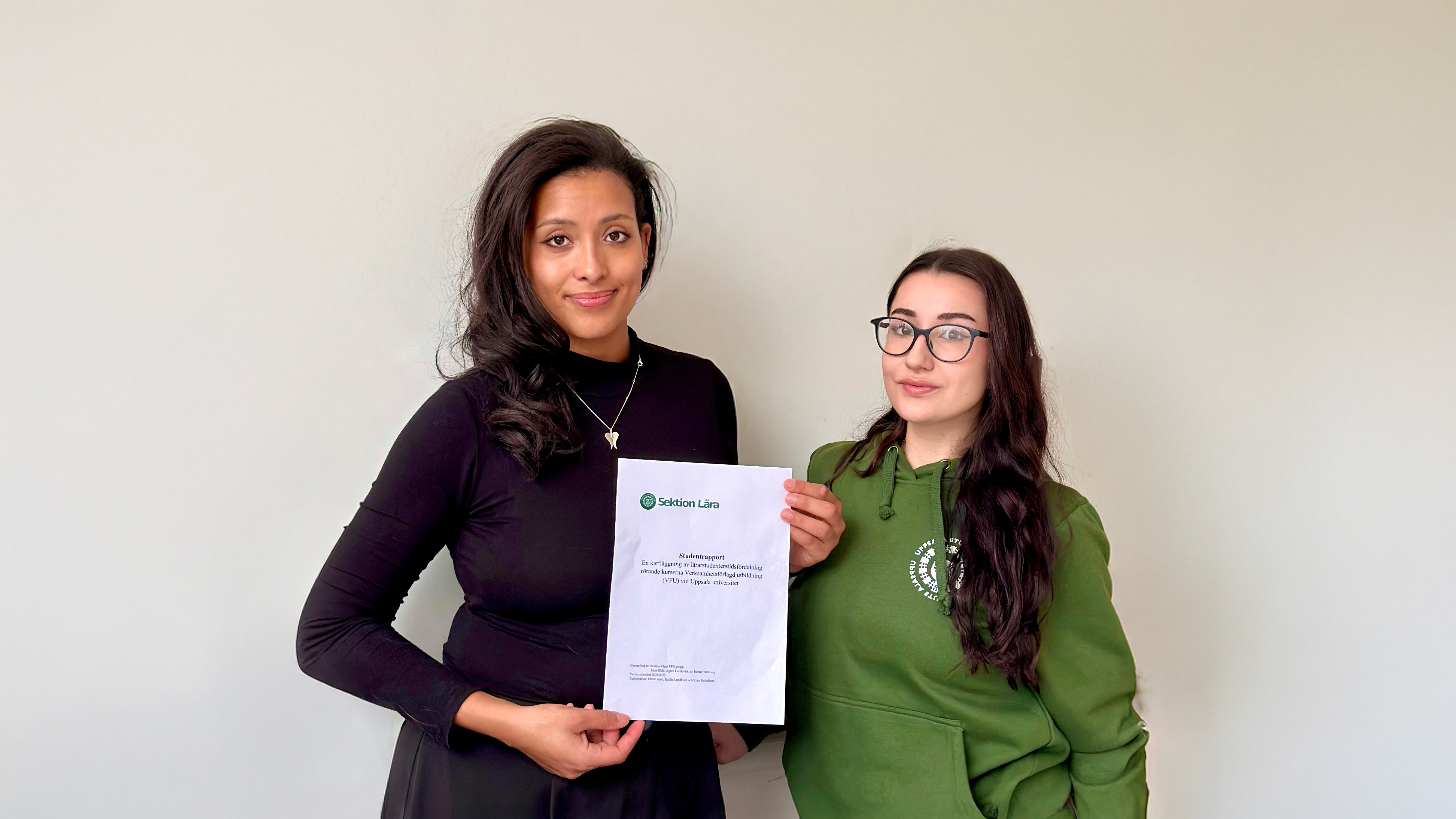New report: is there enough time?
.png)
Uppsala Student Union publishes today the report: Is time enough? on supervisory time in master's programmes in the humanities and social sciences, for which Uppsala Student Union has the status of a union. The report shows that the difference in supervision time within a single faculty is between 12 and 45 hours, and indicates that the average difference between faculties is also large. Uppsala Student Union argues that this is ultimately a question of an unequal distribution of resources between programmes both within faculties and within the field as a whole.
The financial conditions for higher education have been deteriorating for a long time. The costs of education have steadily increased while the remuneration has not increased to the same extent, which can be linked to the low remuneration amounts for the humanities and social sciences. Uppsala Student Union wants to see long-term investments by increasing the remuneration amounts, but we will also continue to push for a fairer distribution of resources between different areas of education and are concerned about how students are affected by the lack of supervision time.
In the report, Uppsala Student Union can show that students in the Master's programme in Peace and Conflict Studies have only 12 hours of supervision time for their Master's thesis, while the Master's programme in Psychology at the same faculty has a full 45 hours for the corresponding thesis work.
In addition to the lack of supervision time, students face the problem that their supervisors have insufficient knowledge of the chosen theories and methods. At the same time, the survey responses from the directors of studies reveal that common problems in supervision are the students' paid work alongside their studies, lack of subject knowledge and lack of knowledge of the chosen methodology. The report also shows that decisions on increased supervision time are often left to individual supervisors to decide whether it is possible to increase supervision time. Something that means that individual students end up in a bind and become dependent on the goodwill of their supervisor. Uppsala Student Union wants to see increased supervision time for those programs that have less than 1 hour of supervision per credit and wants this to be a minimum for the master's programs.
Furthermore, the report shows that many of the programmes lack guidelines that follow the content that the students' working conditions state the guidelines should contain, leaving students without the information they need to write their work. Uppsala Student Union wants all Master's programmes to have guidelines that follow the students' working conditions, and that the guidelines should be decided by either the Faculty Board or the Departmental Board to ensure student involvement in the development of the guidelines.
Want to know more about the report? Come to our panel discussion on 8 February at 14.15-16.00 in the Betty Petterssonsaal at Blåsenhus! We will present the report and discuss the content and ways forward with representatives from the university and the union.
The full report is available here.
If you have any questions about the work on the report or its content, please contact the Uppsala Student Union's faculty coordinators and report authors Klara Fröberg and Klara van Blaricum at: fakultetssamordnare@uskar.se
More posts

VFU survey of Section Learning
A survey of student teachers' time distribution regarding the courses Placement in Practice (VFU) at Uppsala University.

Report release: A level playing field with what resources?
Today Uppsala Student Union releases the report "Lika villkor med vilka resurser?", a report on the conditions for equal opportunity groups at Uppsala University. The report aims to map the conditions for equal opportunity groups at department level or equivalent. The hope of Uppsala Student Union is that the report will bring to life the issue of resources for equal opportunities work at Uppsala University's departments and equivalent.